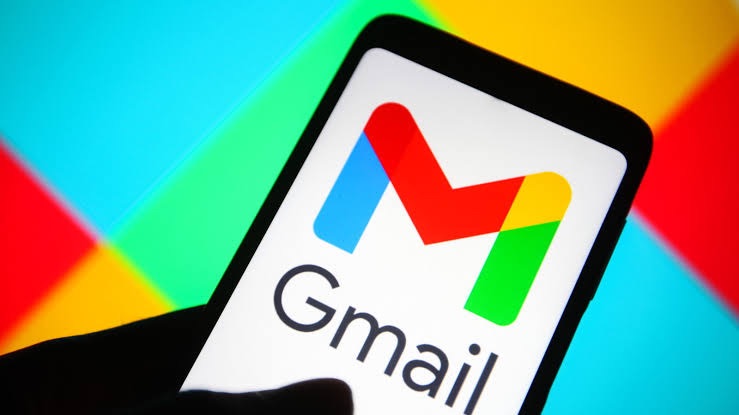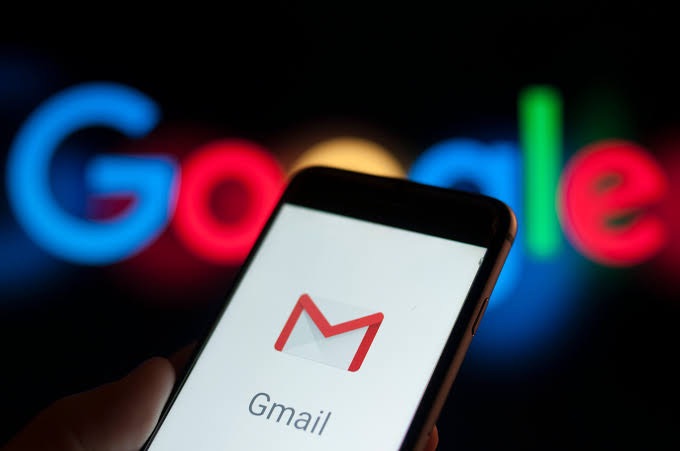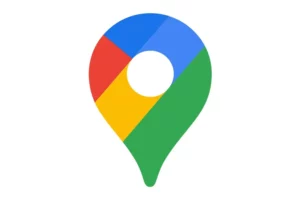When Google unveiled Gmail on April 1, 2004, many dismissed it as an April Fool’s Day prank. Offering 1 gigabyte of storage space, a figure astronomically higher than the 30-60 megabytes provided by most email services at the time, Gmail’s announcement seemed implausible. Yet, Gmail was no joke; it was a revolutionary stride in the evolution of email communication, reshaping how we manage, store, and perceive our digital correspondence.
A Brief History of Innovation
Gmail sprang from the innovative minds of Google engineers Paul Buchheit and Sergey Brin, who sought to address the email storage bottleneck plaguing Google’s expanding team. Launched as Project Kiwi in its developmental phase, Gmail introduced an unprecedented 1 GB of storage, robust search functionality, and a suite of features that transformed email from a fleeting medium into a permanent, searchable archive.

Groundbreaking Features
Gmail’s journey from skepticism to ubiquity is paved with its introduction of game-changing features:
- Labels and Filters: Offering a versatile alternative to folders, labels, and filters, Gmail enabled users to organize emails more flexibly and efficiently.
- Google Chat and Meet: Integrating real-time messaging and video conferencing, Gmail expanded from a mere email service to a comprehensive communication platform.
- Tasks: The introduction of an integrated to-do list application further cemented Gmail’s role as a central hub for personal and professional organization.
The Impact on Email Communication
Gmail’s massive storage capacity and powerful search capabilities have liberated users from the tyranny of inbox limits and lost emails. By allowing emails to be archived rather than deleted, Gmail fostered a new era of email as a durable, searchable repository. The flexibility of labels and filters, along with seamless integration with other Google services, has not only streamlined email management but also transformed Gmail into a versatile tool for communication and productivity.
The Future of Gmail
With over 1.5 billion active users, Gmail continues to evolve, introducing new features and becoming increasingly integrated with a broadening array of Google products and services. Looking ahead, Gmail is set to become even smarter and more intuitive, promising to enhance our productivity and redefine our email experience further.
Gmail’s journey from an April Fool’s Day skepticism to a cornerstone of digital communication underscores its revolutionary impact on how we connect and collaborate. Its continuous innovation and integration with other productivity tools hint at an exciting future where email remains at the heart of our digital lives. As we anticipate the next chapters in Gmail’s evolution, it’s clear that what started as a bold experiment has become indispensable for billions worldwide. Join the conversation and share how Gmail has transformed your email experience. Let’s discuss! 🔥
















Add Comment